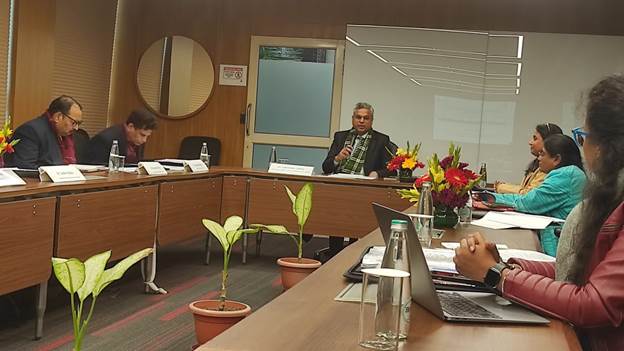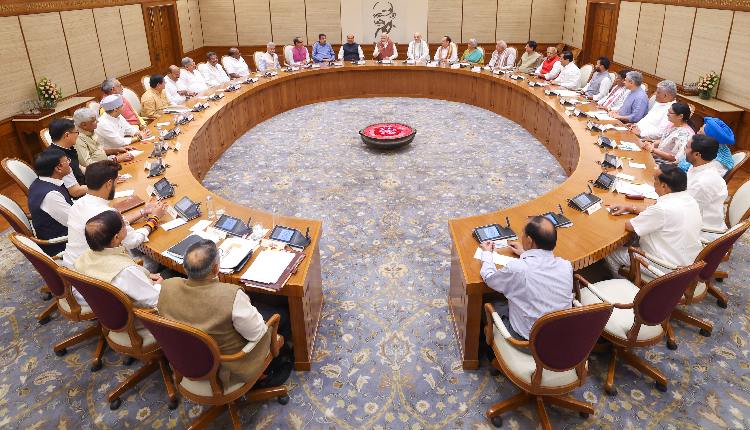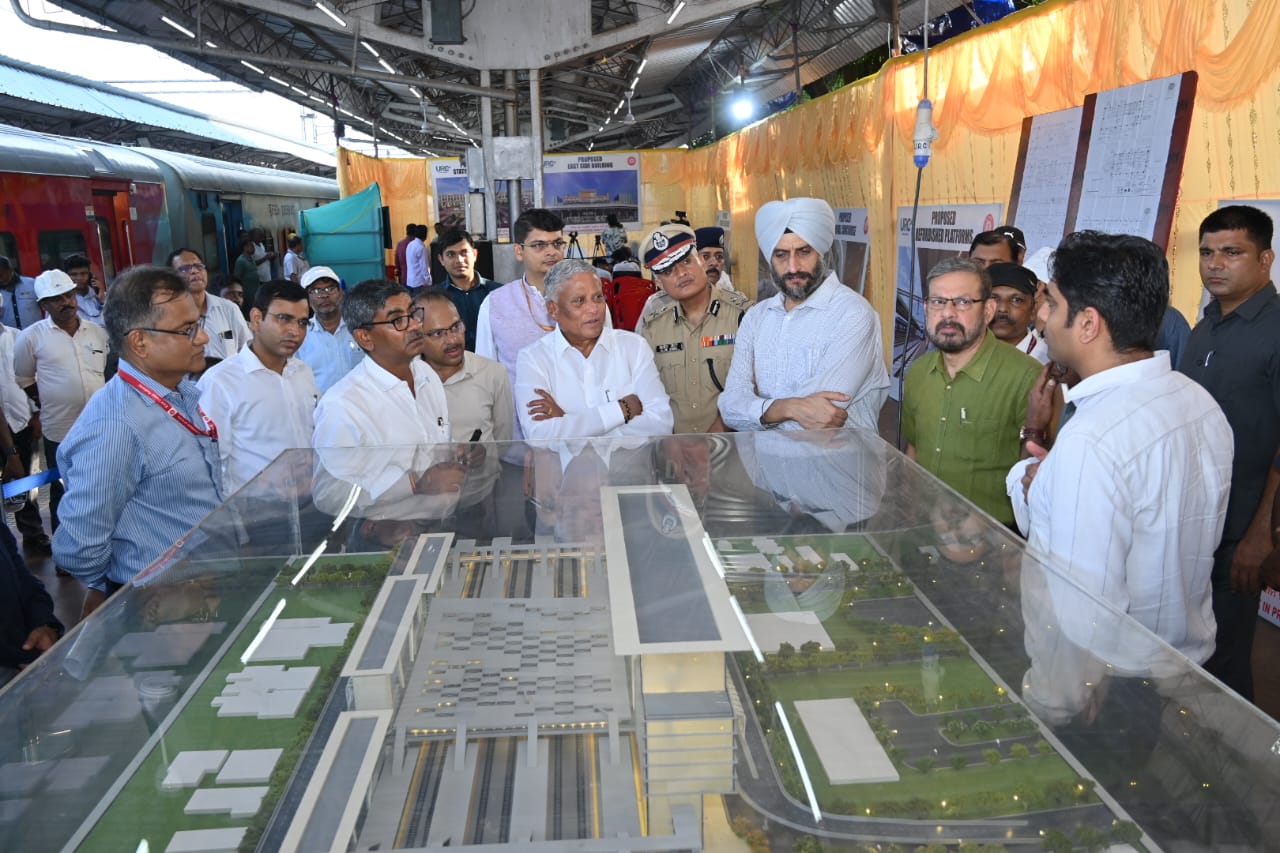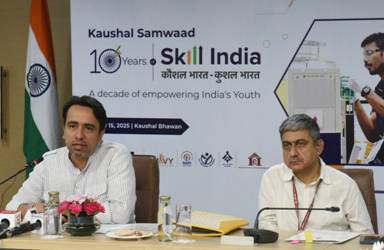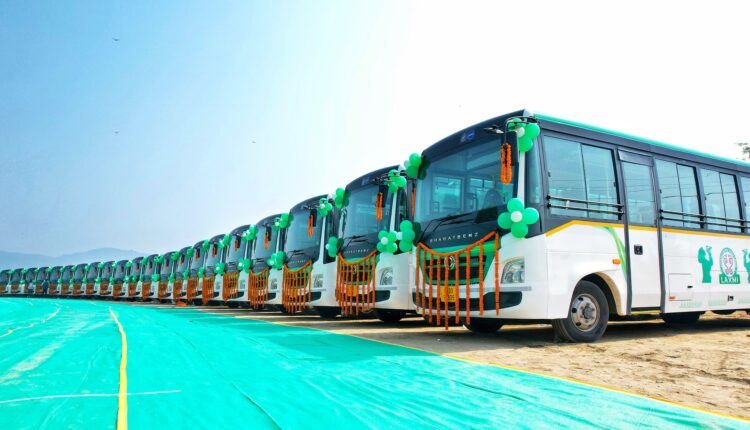New Delhi: The inaugural meeting of the Social Audit Advisory Body (SAAB) was convened on January 18, 2024, at the conference hall of Dr. Ambedkar International Centre in New Delhi. Chaired by the Secretary of the Department of Social Justice & Empowerment, the SAAB, a unique initiative, aims to guide the Ministry in institutionalizing social audits for its various schemes.
Representatives from key ministries and academic institutions, including the Ministry of Health & Family Welfare, Department of Persons with Disabilities, Ministry of Women and Child Development, Department of Social Justice & Empowerment, Ministry of Rural Development, National Institute of Rural Development, Tata Institute of Social Sciences, Delhi School of Social Work, and Indian Institute of Public Administration, have been appointed as members of this advisory body.
The meeting opened with a welcome address by the Director of the National Institute of Social Defense (NISD). Ms. Pratima Gupta, Deputy Director General of the Statistic Division of DoSJE -cum – convener of SAAB, provided an overview of social audits, underscoring the importance of this social accountability tool in promoting transparency and accountability.
Mr. Sanjay Pandey, Joint Secretary and Financial Advisor, shared insights into the department’s journey in institutionalizing social audits, emphasizing the commitment to ensuring effective implementation.
In the keynote address, the Secretary of the Department of Social Justice & Empowerment highlighted the transformative power of social audit processes in raising community awareness and amplifying citizens’ voices. He stressed the pivotal role of social audits in bringing transparency and driving corrective actions based on valuable feedback from citizens.
The Department of Social Justice and Empowerment has taken a pioneering step by establishing the National Resource Cell for Social Audit (NRCSA) to ensure social audits through dedicated Social Audit Units at the state level. The NRCSA team presented the approach of social audit processes developed and implemented by the department and their significant impact on the effective implementation of schemes.
Members of the SAAB provided valuable inputs to strengthen the social audit process and align it more closely with the principles of social justice. The Secretary-DoSJE commended the team for their dedicated work and new initiatives adopted in social audits and expressed hope that the success of these social audits under DoSJE could serve as a guiding example for other government departments.

